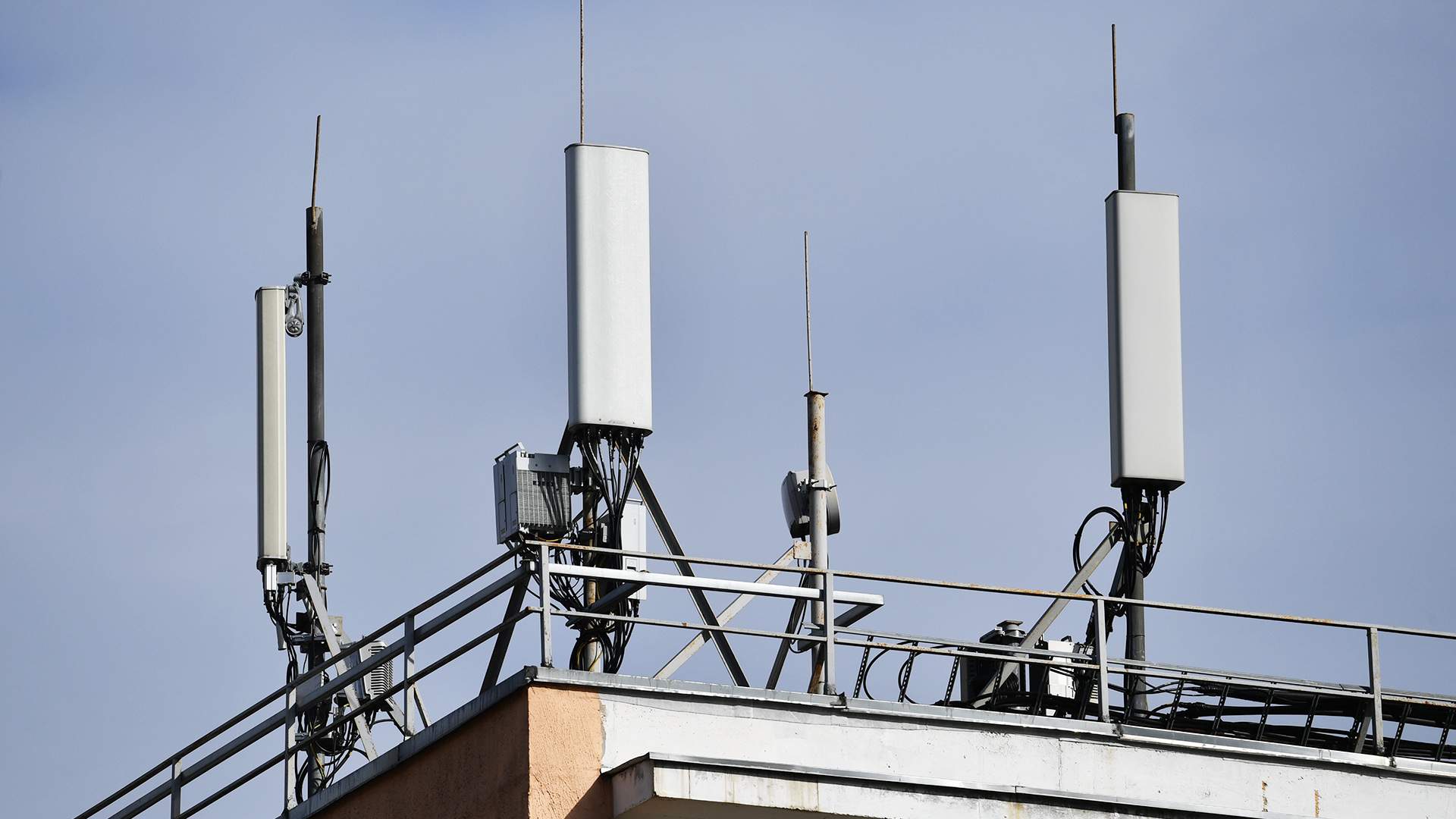- Статьи
- Economy
- Substitution from the rules: important components for cellular networks have begun to be produced in the Russian Federation
Substitution from the rules: important components for cellular networks have begun to be produced in the Russian Federation

In Russia, important components for cellular equipment have been replaced, the supply of which was stopped by Nokia, Ericsson and Huawei. The country's first production of electronic modules for cellular base stations, without which cellular networks cannot operate, was opened by Yadro. Other domestic companies are also developing cellular equipment, for example, Irteya, which is associated with MTS. Russian operators may fully switch to domestic equipment by the early 2030s, experts say. According to their data, cellular companies require 60-80 thousand base stations annually.
What kind of cellular communication equipment will be produced in the Russian Federation
The Russian industry has begun to actively develop the production of equipment and components for cellular communications. Until 2022, base stations (BS), without which cellular networks cannot operate, were supplied to Russia by Nokia, Ericsson and Huawei. Since then, domestic companies have been actively engaged in import substitution.
For example, Yadro has opened the first production line in Russia for electronic modules for cellular base stations, Izvestia was told by X Holding, which it belongs to. This is one of the key production elements required for a full-fledged large-scale production of base stations, which is scheduled for the end of this year. The line's performance depends on the complexity of the final product, with a base capacity of 80,000 devices per year.
Information about the shareholders of X Holding is hidden in the SPARK-Interfax database. Participants in the IT market claim that they now include its managers, as well as the family of its founder Anton Cherepennikov, who died in July 2023.
The company noted that they are also developing the base stations themselves. The total investment will amount to about 30 billion rubles. Forward contracts for the supply of 55 thousand units have already been signed. Fully Russian-designed BS for Beeline, Rostelecom and MegaFon until 2030. The latter confirmed the conclusion of the contract, noting that all prototypes of the equipment are regularly tested. The operator is taking part in the refinement of pre-production samples and expects the early introduction of these products into industrial production, said his representative.
Beeline said that they welcome the vendors' desire to produce the maximum number of BS elements in Russia. This simplifies logistics and helps to shorten the delivery time of base stations to operators, according to the company.
-- The task of radio modules in the base station is the reception, transmission, processing and conversion of radio signals, as well as their amplification. Each typical BS requires three integrated radio modules. The radio module is a high—tech radio frequency device, and there are few developers of such technologies in Russia," says Leonid Konik, partner at ComNews Research.
The very fact of mass production of radio modules in the Russian Federation is a real technological breakthrough, which, in particular, will make it possible to meet the target of the federal project "Domestic Technologies" (part of the national project "Data Economics"), he is sure. According to this document, 100% localization of the production of equipment for cellular networks, including LTE and 5G, should be achieved in 2030.
Izvestia sent requests to the Ministry of Finance and the Ministry of Industry and Trade.
Will Russian manufacturers be able to replace Nokia and Huawei
Today, other Russian companies are also setting up mass production of base stations, market participants say. MTS is already purchasing and installing equipment from the Irteya Group of companies, the operator's press service said.
— Since the end of 2024, we have put into pilot commercial operation the first batch of 200 base stations from this manufacturer in 37 regions. This year, we plan to install another 1,000 Irteya stations with additional frequency ranges and expanded functionality," the company added.
MTS is open to working with all domestic manufacturers, and the supplier is selected on market terms, subject to compliance with the company's technical requirements, they said.
There are about 500-700 thousand base stations of all generations (2G/3G/4G) operating in Russia. Replacing the entire pool with fully localized solutions is a matter of several years and will require the release of hundreds of thousands of devices, said Ruslan Permyakov, deputy director of the NTI Technologies of Trusted Interaction Competence Center. About 100-200 thousand units are needed in the next five years alone to replace outdated and sanctions-vulnerable base stations, he believes. 5G will also require tens of thousands of new BS, especially in megacities and key infrastructure facilities, he added.
As a source in the cellular market told Izvestia, in 2025, according to the requirements of the authorities, operators should launch 1 thousand each. BS on domestic equipment. In the future, there should be a complete transition to domestic equipment and volumes of 5-10 thousand. BS per year, depending on the macroeconomic situation, he noted.
The replacement of both base stations and their components against the background of the cessation of supplies of this equipment by the largest foreign vendors is an important and necessary step, says Denis Kuskov, CEO of TelecomDaily. According to him, Russian operators annually need about 60-80 thousand new base stations. Demand will increase when the deployment of 5G networks begins in Russia, he does not exclude.
So far, the Russian industry is not able to supply equipment in such quantities, but with a favorable macroeconomic and regulatory situation, it will be able to meet the needs of the communications industry by the early 2030s, which will allow operators to switch to domestic equipment for the most part, the expert believes.
For subscribers, this will mean maintaining the quality of communication at the proper level — networks will be upgraded and expanded as demand for communication services increases, and not depending on the possibilities of supplying equipment through parallel imports, Denis Kuskov concluded.
Переведено сервисом «Яндекс Переводчик»







